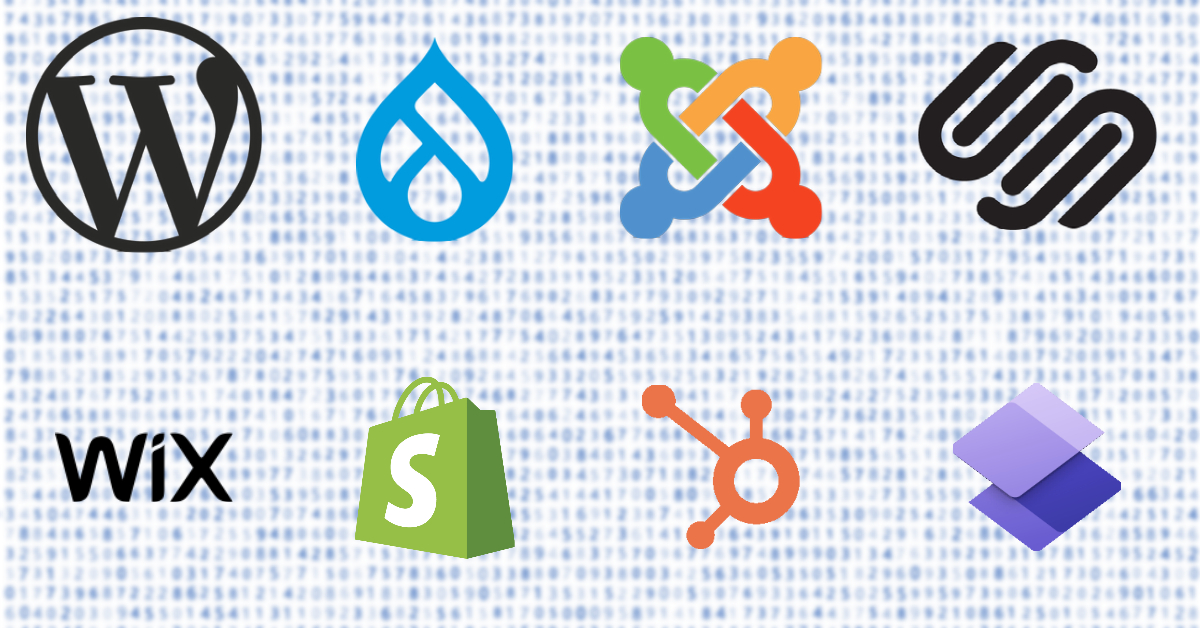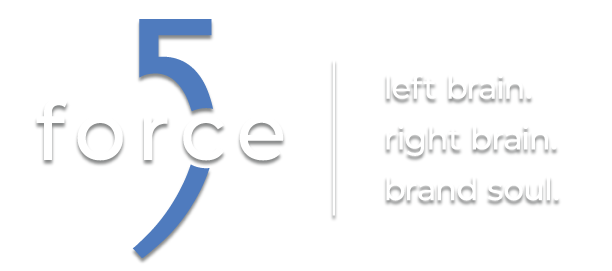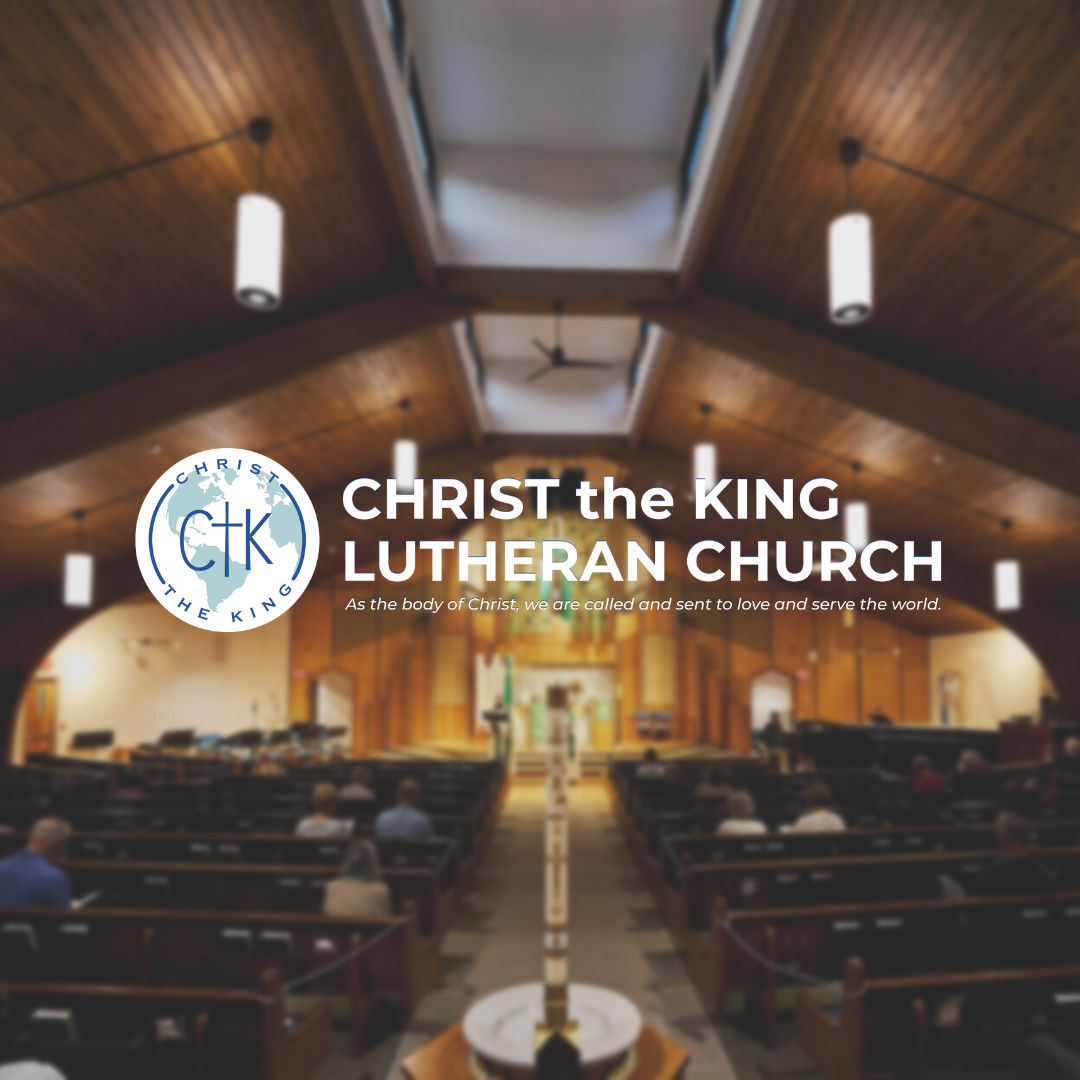Website Design and Development
Building Your Home on the Internet
What Makes a Website Work?
Websites have been part of the internet since the beginning. At a certain point, it became a necessity for every business to have a website. That's still true today, but what a website does has shifted dramatically over time.
Creating and maintaining your website is part of how you present your organization to the world.
Even in a world dominated by social media, online shopping, and search engines, your website is still part of the digital world that you control. Your stake in the ground. Your chance to share your story on your terms without worrying about what the platform holder wants.
To make a website work, you really need only a few key components:
- Well-structured, clearly written information
- An intuitive site navigation
- An appealing design
Whether you are selling products through e-commerce or simply sharing your organization's "About Us," contact information, and team members, these three things will help you do it well. Of course, there's much more to it, but that's our problem to solve!
What is the Purpose of a Website Today?
Awareness
Engagement
Action
How We Build Website
Every client is different. That's very true, but that doesn't mean we can't approach their "difference" in a structured way. We use tried and true methodologies to discover what a web project should be and how to make it happen.
Here's our typical website project process.
CMS (Content Management Systems) and What They Mean to You
If you have or are thinking about making a website, you've likely encountered one or more of the following terms referenced:
- WordPress
- Drupal
- Squarespace
- Wix
- HubSpot
These are all Content Management Systems (or CMS for short).
Their main goal is to create a user interface for you, the website owner to design pages, publish content, and more. They provide a graphical experience and (largely) handle the coding for you.
Where an agency like Force 5 comes in is to help you set up and tweak these tools to meet your unique goals. We help you get the most out of each of them. Our developers know how to do this, especially on platforms where they have a lot of control like WordPress, Drupal, and more.
Not sure which CMS Is Right for YOU?
Learn the Pros and Cons of 8 of the top CMS platforms on the market today!
Internal Tools: Portals and More!
Websites aren't just for potential customers, you know?
The internet allows you to host full-featured, secure portals to communicate with your internal staff, current customers, constituents, stakeholders, or anyone else that works with your business.
To build this, we create a website that is password-protected so that only those who need access to get to it, and then we use the power of your chosen CMS to create the exact experience your portal needs.
Examples of portals we've built:
- Training portals
- Portals to securely access financial documents
- Government/citizen services portals
- Dealer/partner network portals
What's next? Whatever you can dream up!
Website Design and Development FAQs
How long does a website project take?
Because every website is unique, the time required to build it varies. However, in general, for a mid-size website where we are able to get content and approval quickly, we generally deliver within 4-6 weeks.
What is the Discovery process?
Your website needs to tell your story. That's why we can't re-use an old design from another site or just stick you into a template and be done with it. The Discovery process helps us truly understand your needs and design the solution that will meet them. Firms that skip or shortchange this process are likely to deliver a project that doesn't meet your needs fully, meaning more time and cost after the fact.
What web platforms do you offer services for?
Our team of developers and designers can work on any web platform. We choose the platform based on its ability to meet your needs. However, in many cases, our clients end up being best served with either a WordPress site or a Drupal installation if they have a lot of data to store and display.
Do you offer website hosting?
We do! We offer a competitive rate that includes hosting, updates, and SSL certificate management. If we are building your website, we recommend using our hosting, as it's cost-effective and lets us build and edit the site more readily.
Will My Website Be Optimized for SEO?
In short, yes! We work to ensure your site is as effective as it can be. Part of our process is using the latest technologies to ensure you are meeting the most modern standards for Google/Bing/etc.'s website metrics and other technical SEO requirements. We also offer formal SEO services to help with everything else.
Discover More About Your Journey to the Perfect Website and the Latest Web Trends

Two Important Questions Before Hiring a Website Agency
Joe Hektor

From Concept to Creation: The Web Design Journey
Sal Malisita

How To Prepare Your Small to Mid-Sized E-commerce Site for The Holidays and Beyond
Joe Hektor

Which CMS Is Right for My Business?
Deb DeFreeuw

Achieving Customer Service with Chatbots
f5admin











